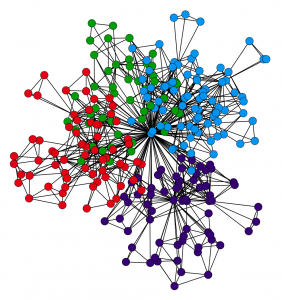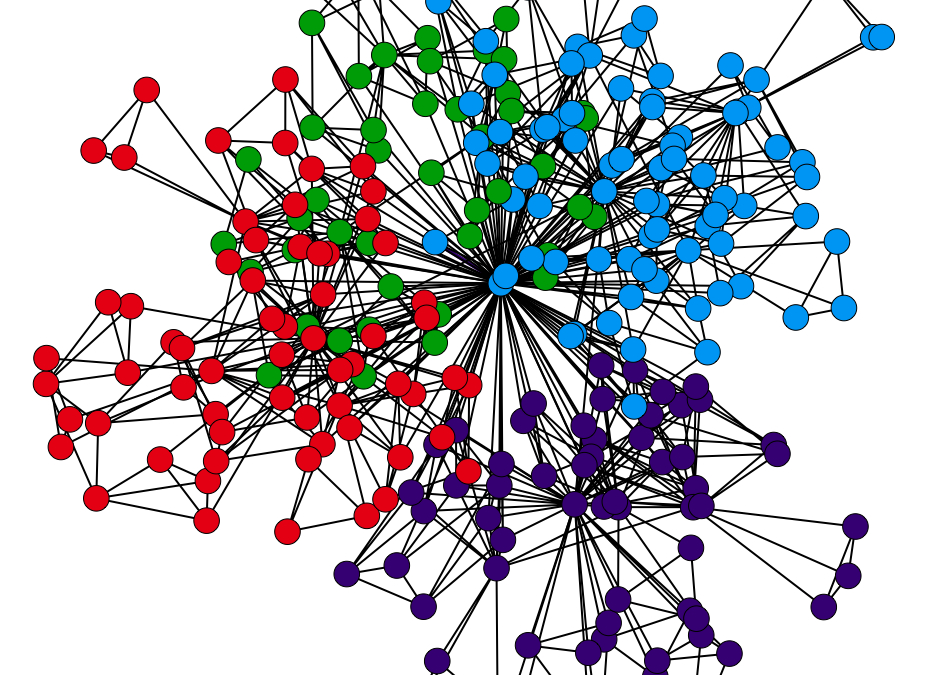
Do first things first; but not always priorities.
Conventional wisdom tells us that we should not check email first thing in the morning. Instead we should start working on our priority tasks and ignore distractions as much as possible. I have passed this wisdom onto my clients for decades. The problem is, it hasn’t worked very well. Now, based on more recent brain research, I suggest the exact opposite.
It’s the little things that distract you and prevent you from focusing fully on the important things. For example, according to Daniel Levinson, author of The organized mind, the awareness of an email waiting to be answered can reduce your IQ by 10 points. A part of your brain is constantly alert for something unusual, which it perceives as a threat – so it’s natural that you are susceptible to these distractions.
It makes sense therefore to get rid of those distractions before attempting to concentrate on the priorities of the day. So spend the first 45 minutes or so of the day dealing with your email, voicemail, and text messages etc. – things that would otherwise be preying on your mind throughout the day. Record any requests not answered, promises not delivered or “To do’s” not done.
When you start the first productive part of your day, make sure it remains productive. Ignore email, turn off your cell phone, and jot down ideas that occur to you rather than act on them right away, and work uninterrupted for up to 90 minutes before taking a full break. At the break you can check and if necessary respond quickly to email and other messages before launching your next productive 90 minute period.
The planning or executive centre of your brain likes to work in controllable chunks with well-defined beginnings and endings. Five or 10-minute works sessions amid continuing interruptions are counterproductive and exhausting. It takes less energy to focus then to multitask. Focus more and you will get more done. So organize your day in a way that maximizes your brain’s efficiency.
The more we learn about how our brain operates, the more we realize that in some cases we been approaching our work the wrong way. Those people who believed in getting the trivial things out of the way first so they could focus on the important things were not entirely wrong after all. Things left undone not only cause stress, they also prevent us from working efficiently on the important things as well.
The caveat, however, is to limit this initial daily “clean-up period” to a scheduled 45 minutes or less. Treat it as a necessity, not as a way of procrastinating on the really important stuff.


Recent Comments